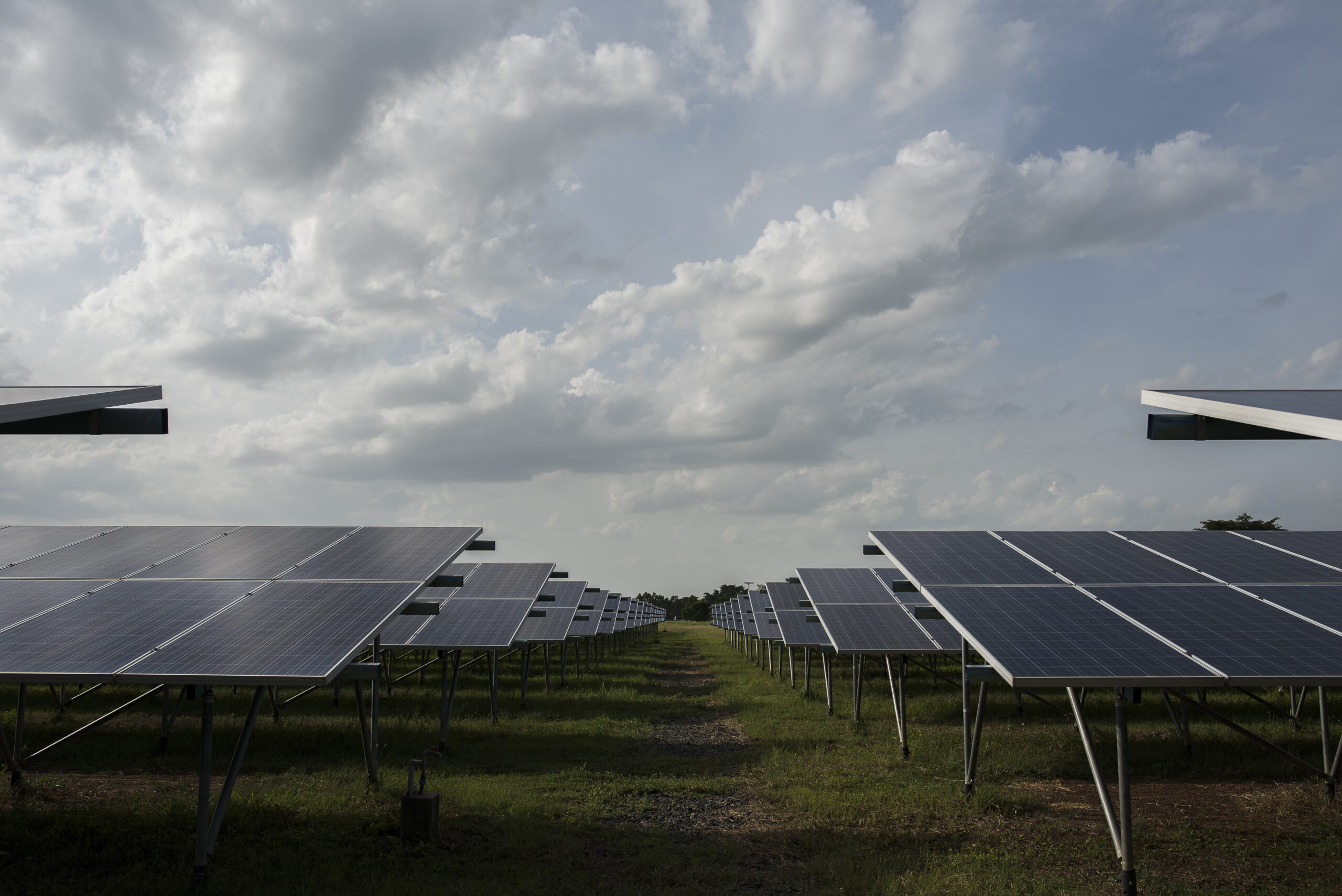Written by Niki Tsani, Administrative Assistant at Wattcrop
In recent years, the global shift towards renewable energy sources has ignited a profound transformation in the energy sector, with far-reaching benefits that extend beyond environmental preservation. The rise of renewables, such as solar, wind, hydro, and geothermal power, has not only revolutionized our approach to energy generation but has also become a driving force behind economic growth and job creation.
Creating new job positions.
Renewable energy contributes significantly to the economy through various channels, leading to a more resilient and sustainable future. One of the most evident economic impacts is the creation of new job opportunities. As the renewable energy sector expands, demand for skilled workers in fields like engineering, manufacturing, construction, and maintenance grows. This job growth supports local economies and helps to diversify employment options, reducing dependency on volatile industries.
Investments and Innovation.
Moreover, the development of renewable energy projects stimulates investment and innovation. Governments, corporations, and individuals are increasingly investing in the deployment of renewable technologies, leading to a surge in research and development activities. This fosters technological advancements, making renewables more efficient and cost-effective, and consequently enhancing their competitiveness in the market.
Renewable energy also reduces reliance on imported fossil fuels, leading to greater energy security and reduced trade imbalances. Countries that harness their domestic renewable resources can stabilize energy prices and redirect funds that were once spent on importing fossil fuels into domestic economies. This redirection of capital can be reinvested into infrastructure, education, and other critical sectors, contributing to overall economic development.

Benefits into rural areas.
Furthermore, renewable energy projects can breathe new life into rural and economically marginalized areas. Wind farms, solar installations, and hydroelectric plants often require vast amounts of land, providing landowners with leasing opportunities and supplemental income. These projects can revitalize local economies by creating a demand for goods and services, such as lodging, restaurants, and transportation, in communities surrounding the renewable energy facilities.
In conclusion, the adoption of renewable energy sources goes beyond just addressing environmental concerns. It has become a catalyst for economic growth and prosperity. The surge in job creation, investment, technological innovation, energy security, and localized economic development all underscore the critical role that renewable energy plays in shaping a sustainable and robust economy. As the world continues to transition towards cleaner energy options, embracing renewable resources is not just an ecological imperative but also a smart economic decision that paves the way for a brighter future.

